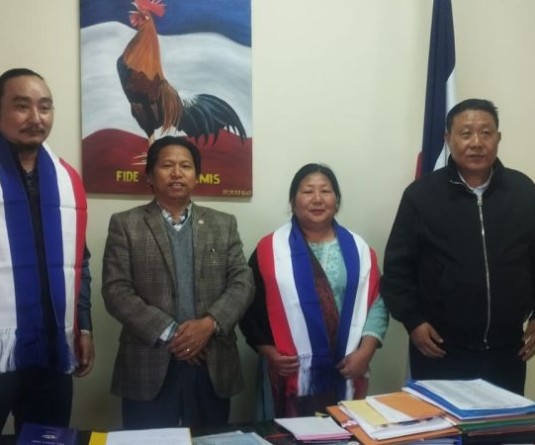
Nagaland Community Conserved Areas Forum condemns recent spurt in rampant hunting
Dimapur, April 24 (MExN): The Nagaland Community Conserved Areas Forum (NCCAF) today condemned the recent spurt in rampant hunting in many locations of Nagaland amidst the lockdown, stating that it “goes against the traditional and cultural values and principles of ‘sustainable hunting’ practiced by our ancestors.”
“It is a fact that hunting has always been a part of the Naga society as an act of survival to gather food from the forest since time immemorial; the intention of greed was never encouraged. Our ancestors foraged for food in quantities that was required/needed and left behind the rest as it is in order not to disturb the order of the ecosystem,” stated a press release from NCCAF General Secretary Heirang Lungalang.
The harmonious balance maintained in the ecosystem is contingent to Naga living, he added.
Stating that wanton killing of wildlife has been declared as illegal as per the Wildlife Protection Act, 1972, the Forum put forth its observation that “the definition of sustainable hunting has developed however, in finding excuse in the fact that our ancestors had always been hunters; and in most cases, generations defining it with greed, a form of conquest and commercial interests contradicts to the practices of ‘sustainable hunting’ passed down from older generations.”
According to many good practices by the villages in Nagaland on ‘sustainable hunting’ over the years, certain rules and regulations have been imposed by the village councils on hunting during seasons and demarcating areas for hunt out of concern over dwindling number of wildlife in their respective areas, it added.
Condemning the recent incidences, the NCCAF said that “the people of the state should know better than to use this lockdown as a gateway for hunting and destruction of the precious balance in the ecosystem.” In order to avoid further deterioration of resources in the state, it urged upon concerned citizens and authorities to extend their solidarity and uphold the good conservation practices in the days to come.
Further, it urged the concerned Department to “leave no stone unturned to ensure that our fast disappearing rich biodiversity is conserved by way of creating more aggressive awareness amongst stakeholders and also special emphasis be given in weaning away the hunters from further exploitation and turn them into conservationists.”





